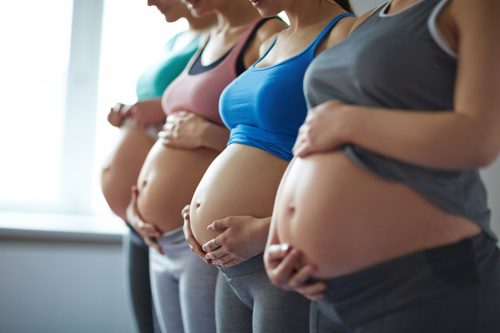
A two-year study into whether bacteria from mothers can protect babies born by caesarean section from a greater risk of obesity will start later this year.
The Liggins Institute-led study comes on the back of growing evidence linking c-sections to an increased risk of the baby later developing obesity and immune disorders, a University of Auckland press release says.
“A large international study last year found children born by c-section were up to 25 per cent more likely to become obese than those born by vaginal delivery.”
The hypothesis, according to research team leader Wayne Cutfield, is that babies born by c-section miss out on receiving health-promoting bacteria from their mother’s vagina during birth.
During a vaginal birth, the mother’s bacteria forms the basis for the baby’s own microbiome – the bacteria that live inside and on the surface of our bodies and have a crucial role in health and well-being, Professor Cutfield explains in the press release.
The study will involve 40 sets of twins born by C-section in Auckland. In each set, one twin only will swallow a saline solution containing the bacteria from the mother’s vaginal swab.
Research fellow Valentina Chiavaroli expects the gut bacteria population of the treated twin will be more diverse than that of the untreated sibling.
“There is evidence that more diverse gut bacteria are protective against various health problems, including obesity,” Dr Chiavaroli says in the press release.
By the time we are about three years old we have a fully developed range of gut bacteria (HFG, June 2016).
A healthy gut microbiome helps to keep our intestine lining healthy and to absorb nutrients more effectively as well as supporting various body functions.
The study has received $150,000 funding from the Health Research Council.
Around 15,000 babies are born by c-sections in New Zealand yearly, so the potential benefits are great, Professor Cutfield says.
Related link
www.healthyfood.com











